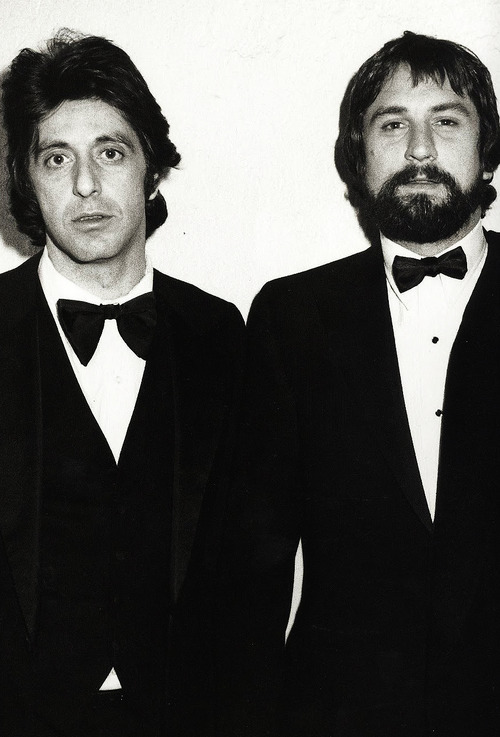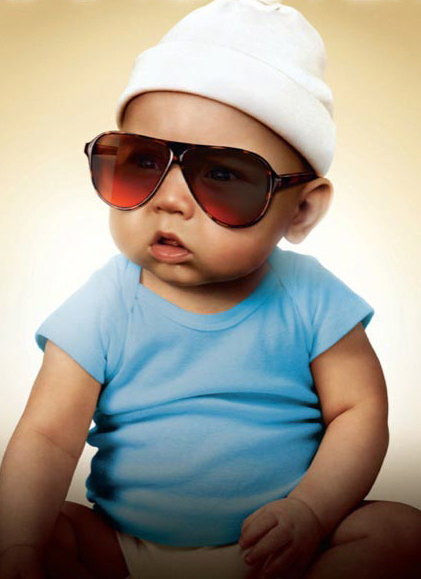Machado wrote:
https://www.bostonglobe.com/sports/2015 ... story.html
Baseball was in crisis. Steroid use seemed rife, and performance enhancers were readily available, perhaps nowhere more conveniently than over the counter in the loosely regulated pharmacies of Ortiz’s native country.
Ortiz was a regular at those drugstores, though he insists he never knowingly bought steroids.
Nine days before he arrived in Fort Myers he was crowned the Most Valuable Player of the Caribbean World Series for leading his Dominican team to the title. In the following years, at least five members of that Dominican club, including Ortiz, would be publicly linked to performance enhancers.
“I was taking whatever supplements were good at the time, stuff that everybody was using that would sustain me in my workouts,’’ he said.
Which supplements? The substance that triggered his positive test result has yet to be identified.
“It’s been a long time,’’ Ortiz said. “I don’t know.’’
He must have a clue, he was told. He had previously stated he was “careless’’ about the products he put in his body.
“All I can tell you is, I was using what everybody was using at the time,’’ Ortiz said. “It’s not like I was picky about it.’’
There you go, Kill. From the Boston Globe. Go ahead and refute the reporting.
Ortiz failed a test in 2003. Just like 100 other players did that year. Only a year before stricter testing began in MLB.
The New York Times reported July 30, 2009 that David Ortiz was one of 100 major leaguers to test positive for performance enhancing drugs during a test in 2003 in which results were supposed to stay anonymous.
This leak of information potentially could keep Ortiz out of the Hall of Fame. No player who ever has been linked to performance enhancers has ever been elected to the Hall of Fame.
But MLB commissioner Rob Manfred said people don't understand all the facts about the 2003 list. He said there were 10 or more false-positives. He would not say if Ortiz was one.
"The list was supposed to be confidential and I take very seriously a commitment on confidentiality and I think that it's really unfortunate that anybody's name was ever released publicly," Manfred said today before Ortiz's final regular season game. "I don't think people understand very well what that list was. The prevision in the agreement was that if there was over a certain percentage of players that were positives, that you would we go into actual identified, personal testing the next year.
"We (got) a list of results back," Manfred added. "We were well over the percentage necessary to trigger real testing (the next year). And again, this is a long time ago, I would tell you there were double-digits of names, so more than 10, on that list where we knew — and the 'we' in that sentence is the Major League Baseball Players Association and us — that there were legitimate, scientific questions about whether or not those were truly positives. OK? So if in fact there were test results like that today on a player and we tried to discipline, there would be a big grievance. It would be fully aired, vetted, tried, resolved.
"We didn't do that. Those issues and ambiguities were never resolved because we knew they didn't matter," Manfred said. "We knew we had enough positives that everybody agreed on that we were going to trigger the testing the following year.
"So what's my point with all this long thing? Even if Rob Manfred's name was on that list, he might have been one of those 10 or 15 where there was probably or at least possibly a very legitimate explanation that did not involve the use of a banned substance."
Manfred would not say whether Ortiz was one of those 10-15 false positives.
"I do know that he's never been a positive at any point under our program," Manfred said.









